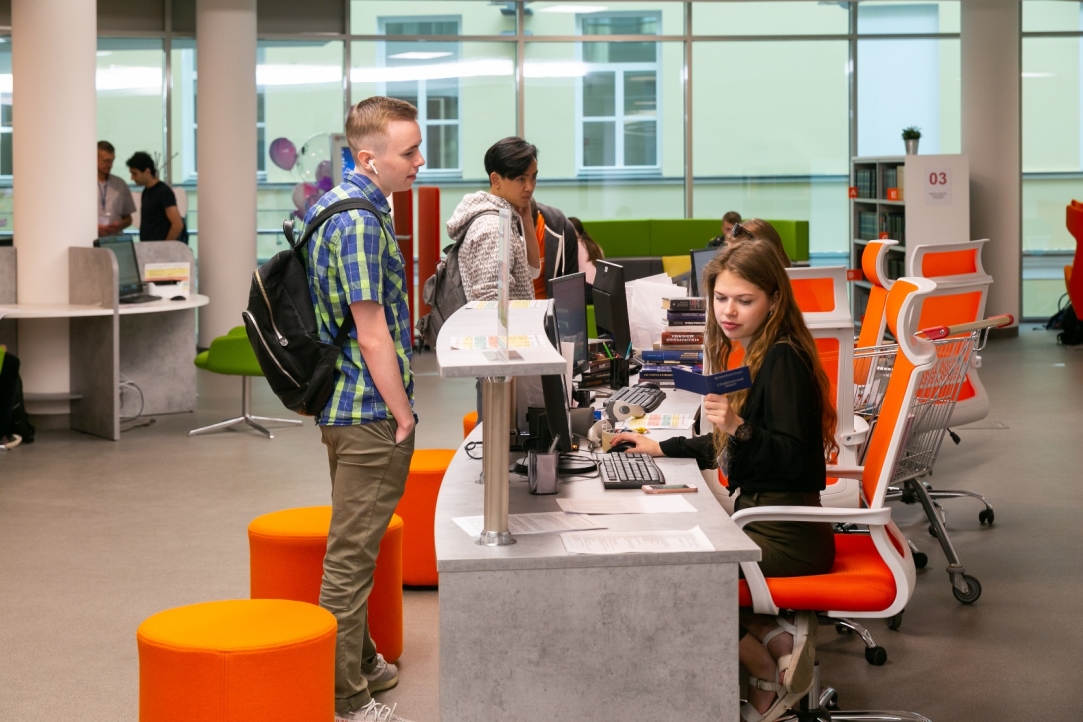
‘We Are Competing for the Best Scholars and We Don’t Want Our New Colleagues to Rest on Their Heels’
At the meeting of the Rector’s Council on June 23, seven issues were considered, including the vaccination of staff and students, postgraduate and dissertation councils, the development of a Continuing Professional Development (CPD) programme at the University, and the HSE library. Members of the Rector’s Council additionally discussed the regulations on the organisation of training concerning MicroDegree-granting programmes.

Make the Most of the Sun
Professor Alexey Tameev of HSE MIEM, along with a team of colleagues, has proposed a calculation method to determine the optimal photoactive layer thickness which can maximize the power conversion efficiency of solar cells. Applicable for both polymer andperovskite solar cells, the method can become a milestone on the path from laboratory samples to solar cells made from new generation materials. The results of the research are covered in ‘A common optical approach to thickness optimization in polymer and perovskite solar cells’, an article published in Scientific Reports.
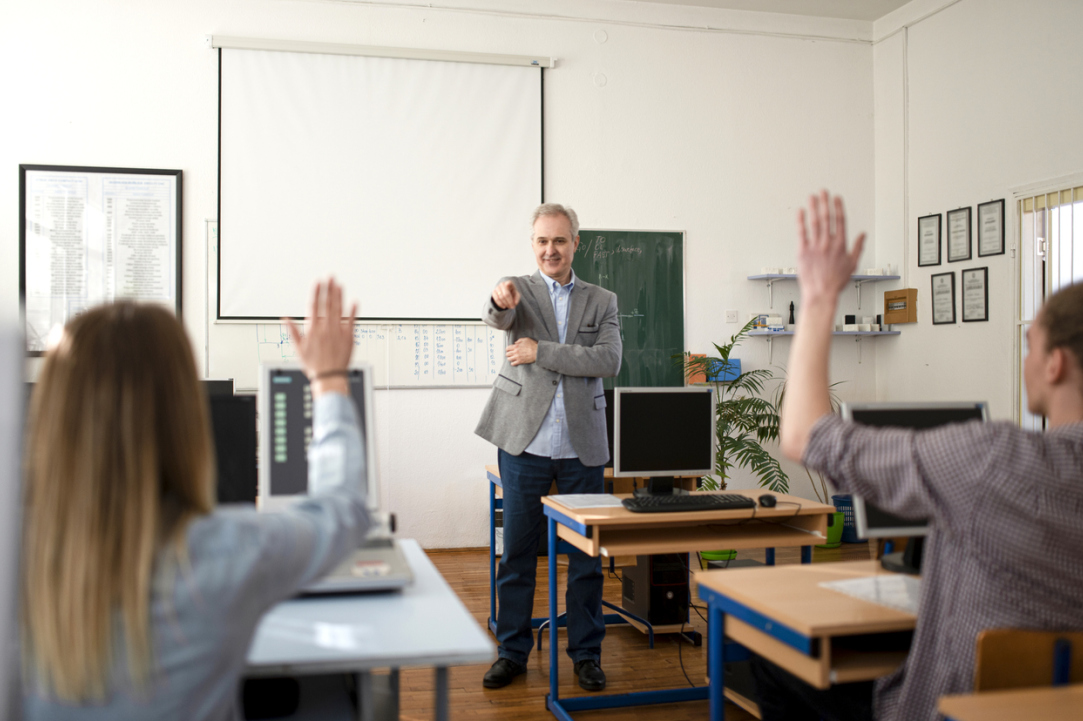
HSE University to Take Action on Grade Inflation
HSE University’s administration is determined to prevent the lowering of grading standards for students’ academic performance. Teachers will be receiving new grading guidelines in the next two weeks. The proposed grading criteria will become mandatory for all courses. Other measures are planned as well. The list of such measures was discussed by the Rector’s Council on June 15.
.jpg)
HSE University Launches Digital Teaching Consultants Project
In May 2021, 25 digital teaching consultants began work at all campuses of HSE University. Their task is to help colleagues teach effectively online and make use of digital technology in their teaching. All consultants passed a selection by the Expert Committee. Below, HSE News Service tells us about the participants of the new Teach for HSE project.
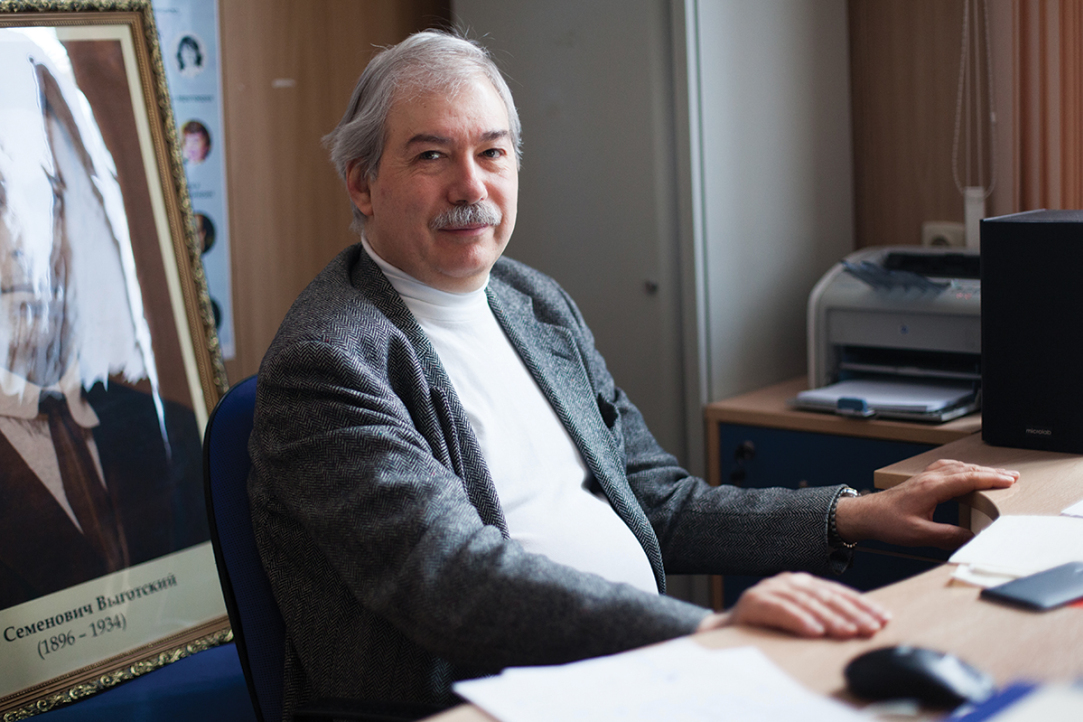
‘People Make All the Difference’
How does one go about studying happiness, joy, and optimism? What makes life good? What qualities help people to cope with the negative effects of the pandemic? Dmitry Leontiev, Professor of the Faculty of Social Sciences and Head of the International Laboratory of Positive Psychology of Personality and Motivation, discusses these questions and more.

Faster and More Precise: Researcher Improves Performance of Image Recognition Neural Network
A scientist from HSE University has developed an image recognition algorithm that works 40% faster than analogues. It can speed up real-time processing of video-based image recognition systems. The results of the study have been published in the journal Information Sciences.

‘All of the Most Interesting Research Today Happens at the Borders between Different Disciplines’
The Russian Ministry of Education and Science has approved a new nomenclature of specializations in which academic degrees are conferred in Russia. The new list includes 21 new fields, including cognitive science. Maria Falikman, Head of the HSE School of Psychology, discusses the history of cognitive science, its formation at HSE, and its prospects for development.
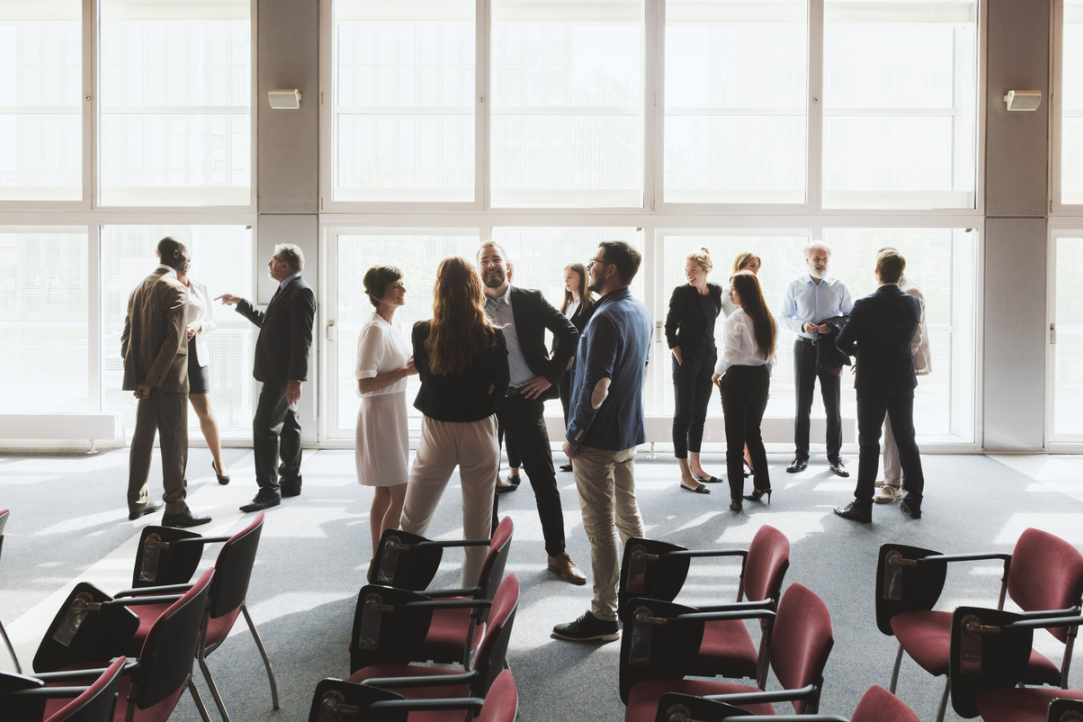
Between St. Petersburg and Moscow: International Lab Researchers Create a New Theoretical School
In Russia, 2021 was declared the Year of Science and Technology. HSE has always paid special attention to the development of science, and more than 40 international laboratories have played an important role in the development of the university as a world research centre. One of the University’s first such laboratories was theRonald F. Inglehart Laboratory for Comparative Social Research (LCSR), named after its academic supervisor at the time, American sociologist and political scientist Ronald Inglehart. HSE News Service spoke with LCSR Laboratory Head and professor of sociology Eduard Ponarin (HSE – St. Petersburg) about the Laboratory’s work over the past decade.
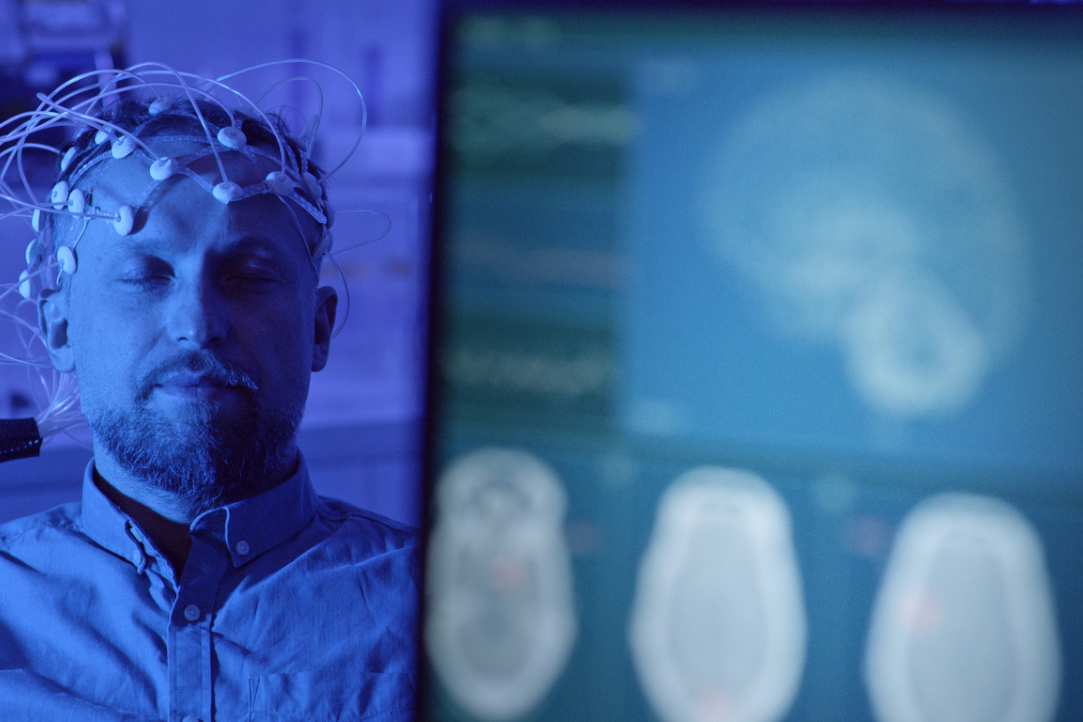
Artificial Neurons Help Decode Cortical Signals
Russian scientists have proposed a new algorithm for automatic decoding and interpreting the decoder weights, which can be used both in brain-computer interfaces and in fundamental research. The results ofthe study were published in the Journal of Neural Engineering.
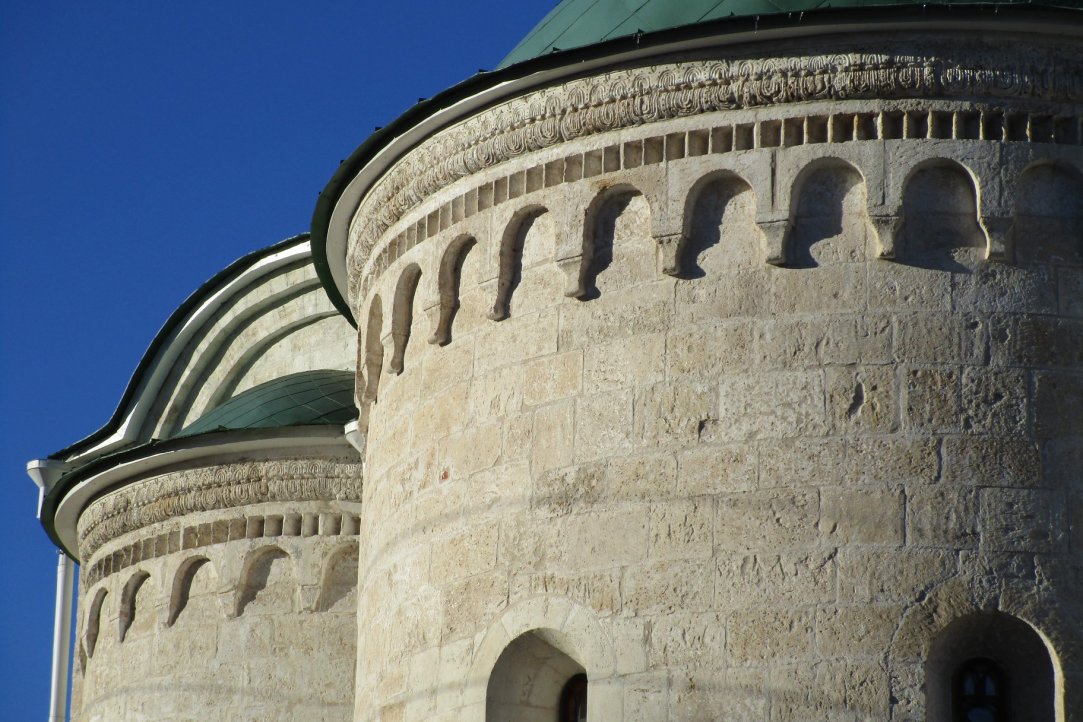
3D-Modelling Helps Read Ancient Russian Inscriptions of the 12th and 13th Centuries
Using 3D-modelling, researchers of HSE and the Institute of Slavic Studies of the Russian Academy of Sciences (RAS) have restored and deciphered an ancient literary monument of North-Eastern Ancient Rus — inscriptions about the murder of Prince Andrey Bogolyubsky written in 1175–1176 on a wall of the cathedral in Pereslavl-Zalessky. The study was published in Slověne = Словѣне. International Journal of Slavic Studies.


Deadline for applications to present academic reports - January 20, 2025